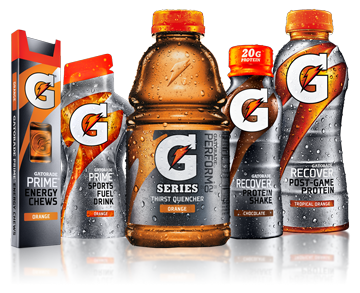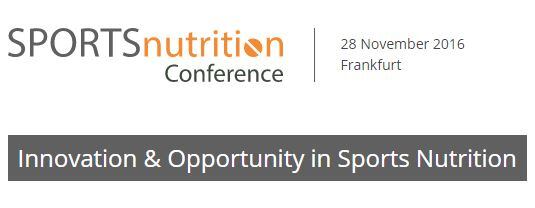Researchers at James Madison University in Virginia in the US tested the effects of increased protein supplementation on cyclists, giving seven male and female subjects either supplemental carbohydrate (CHO) or carbohydrate and protein (CP), with 0.94 g/kg/day of additional protein provided during intensive training.
The supplements were provided in the form of beverages: Gatorade, or Gatorade with additional whey protein during exercise; and either a carbohydrate beverage, or chocolate milk for CP subjects, post-exercise.
The subjects completed two 20-day training blocks, made up of 10 days of intensive cycle training (ICT) where duration was increased to 220% of normal training levels, and 10 days of reduced-volume training, at 65% of normal training levels.
No time trial performance benefit
“We observed novel findings that CP (provided during and immediately post-exercise) was associated with: (1) favourable influences on skeletal muscle function and morphology following intensified cycling training; and (2) differences in constant-load heart rates versus supplemental carbohydrate, after intensified training and recovery,” wrote the researchers in their paper, published in Nutrients.

“Despite these potentially beneficial outcomes, CP supplementation did not attenuate the modest decreases in time trial performance observed following intensified training. Future investigators are encouraged to examine the effects of differing doses and timing of CP administration during intensified training on performance outcomes,” they added.
The researchers also measured muscle soreness and various biomarker levels including serum albumin, cortisol and creatine kinase, but found very little or no differences between CHO and CP subjects.
One of the main effects was on subjects’ heart rates: “During CP, constant-load heart rates possibly decreased following ICT, and remained possibly suppressed following RVT. By contrast, constant-load heart rates during CHO did not change to a meaningful degree following ICT, and possibly increased from ICT-RVT.
“As a result, reductions in heart rate during constant-load cycling were likely greater with CP than CHO between NT-RVT (−9 ± 9 bpm).”
Too much protein?
In their discussion, the paper’s authors speculated the lack of measurable differences in many observations may have been down to the higher levels of protein provided to CHO subjects, compared to previous studies.
“The slightly higher dietary protein intake in the control condition of the present study (1.7 g/kg during ICT, 1.6 g/kg during RVT) could have been sufficient to elicit positive protein balance, minimising the potential effects of CP on performance,” wrote the authors.
“This is consistent with aforesaid findings from Hansen and associates, who reported no effects of protein supplementation versus CHO when protein intake was controlled between groups at 1.7 g/kg/day,” they added.
The authors disclosed that the project was funded by a grant from the US Dairy Research Institute.

A new NutraIngredients and European Specialist Sports Nutrition Alliance (ESSNA) congress to be held in Frankfurt on November 28 the day before Health Ingredients Europe will place your business front and centre of the playing field be it in supplements, herbals, powders, mixes, drinks, bars or gels.
More information here.
Source: Nutrients
Published online ahead of print, doi: 10.3390/nu8090550
“Supplemental Protein during Heavy Cycling Training and Recovery Impacts Skeletal Muscle and Heart Rate Responses but Not Performance”
Authors: D’Lugos, A.C.; Luden, N.D.; Faller, J.M.; Akers, J.D.; McKenzie, A.I.; Saunders, M.J.
